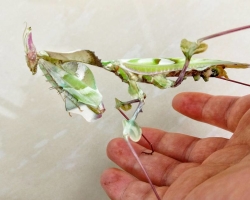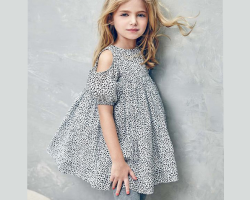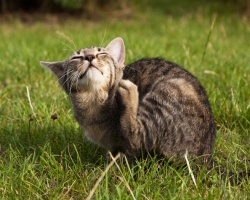That's just your cat jumped joyfully and actively ate, when suddenly she began to sneeze. What happened?
Content
When the cat sneezes, especially if it becomes a constant phenomenon, the caring host has a natural question: what happened? Sick? Or is there some kind of allergen in the house that she reacts like that? As practice shows, there are several reasons.
The reasons why the cat sneezes
- The sneezing in the closed room of perfume or household aerosols can provoke sneezing, which can be an irritant and even an allergen for a cat. A similar reaction can be caused by:
- Perfumery
- Tobacco smoke
- Cleaning tools
- Sprays from insects
- Air fresheners
- Light candles
- pollen
- The appearance of mold in the room

- An infection fell into the animal's body. To understand which one - viral or bacterial, fungal or respiratory - a specialist needs to conduct a laboratory study of a smear taken from the nasal or oral cavity of a cat. By the way, preventive vaccinations will help to prevent many infectious diseases.
Consider the varieties of infections due to which the cat sneezes in more detail:
- Viral infection, causing cat herpes, is transmitted from other animals, and often the cat is most susceptible to infection during severe stress. Fortunately, such a virus is not dangerous for a person.
- Very contagious calcivirosis Often causes the appearance of ulcers in the mouth, tear. It is able to affect the area of \u200b\u200bthe respiratory tract, and in particularly severe cases even ending with pneumonia.
- Infectious peritonitis Cats are caused by pathogens similar to intestinal. This is a very difficult cat ailment, often leading to death.
- The virus that causes immunodeficiency in feline.
- The virus provoking leukemia of cats.
- Hamidiasis affecting the eyes, etc.
But that's not all. The cat may well become infected with several infections at the same time, and then you can not do without antibiotics.

- A cat can make a cold elementary if it is in a room with high humidity. In this case, coughing and runny nose are added to sneezing, lacrimation and fever are possible.
- The appearance of polyps In the nasal passes. Then the sniffling is heard and colorless discharge is visible.
- maybe asthmatic disease, which is also accompanied by a cough and hoarse breath.
- Oncological diseases of the nose. In this case, there is a loss of smell, lacrimation, and in the droplets flying away during sneezing, a bloodstream of blood is possible.
- The presence of worms that can affect the respiratory system. Related features are weight loss, nausea, diarrhea or constipation.
- Occasionally the cat can sneeze After vaccination.
- Getting into the nasal passages of a foreign object, wool, hair, etc.
- The sneezing can also cause an inflamed tooth root.
- The reason may be a regular filler for a cat toilet.

Sneezing may be accompanied by other symptoms. If you notice that along with the cat's sneezing The edema began or the body is covered with ulcers, the animal is apathetic, lost its appetite and lost weight, the lymph nodes and other unusual alarming signs increased - it means that the sneezing is caused by a serious disease, which is a reason for the speedy appeal to the branch.
The cat sneezes: what to do?
Noticing that the cat is sneezingWatch her for several days. The ceased or single sneezing indicates the accident of this phenomenon. But if the sneezing does not stop, and besides, other signs appear, indicating that something is wrong-as soon as possible to examine the animal in the clinic, since all of the above can be symptoms of a beginning disease.
The veterinarian will determine the reason why The cat is sneezing. If it is caused by the use of household drugs or perfumes, it is enough to isolate the cat from entering the zone of their action or, say, pay attention to the composition of the air in the apartment, perhaps it is too dry for the animal and it should be moistened. Or just change the filler for a cat tray. If there is a disease, the doctor will determine the course of treatment with drugs.

By visiting a doctor, you will receive detailed recommendations for the treatment of an animal at home. This is the use of various drugs for allergies, viral and bacterial infections, nose washing procedures, the use of inhalers, etc.
Important: the treatment of complex diseases in cats requiring surgery is carried out only in the clinic.
What to do so that the cat does not sneeze?
So that the cat does not sneeze:
- Exclude or minimize all possible allergens for a cat.
- In order to prevent colds, the cat should not be sent to the street in the rain, snow or in a strong wind.
- The place of the animal should not be in the zone of possible drafts. And if the temperature in the room is low, you can wrap the animal with a warm blanket or “give it your warm sweater.
- Do not allow contact with yard cats to avoid possible infections.
- Keep the apartment clean, especially if your pet suffers from asthma. Do not smoke indoors.
- Be sure to make the animal all planned preventive vaccinations, periodically give adlex products.

Regularly, at least once a year, visit a veterinarian, even if the cat does not sneeze And it looks quite healthy.







